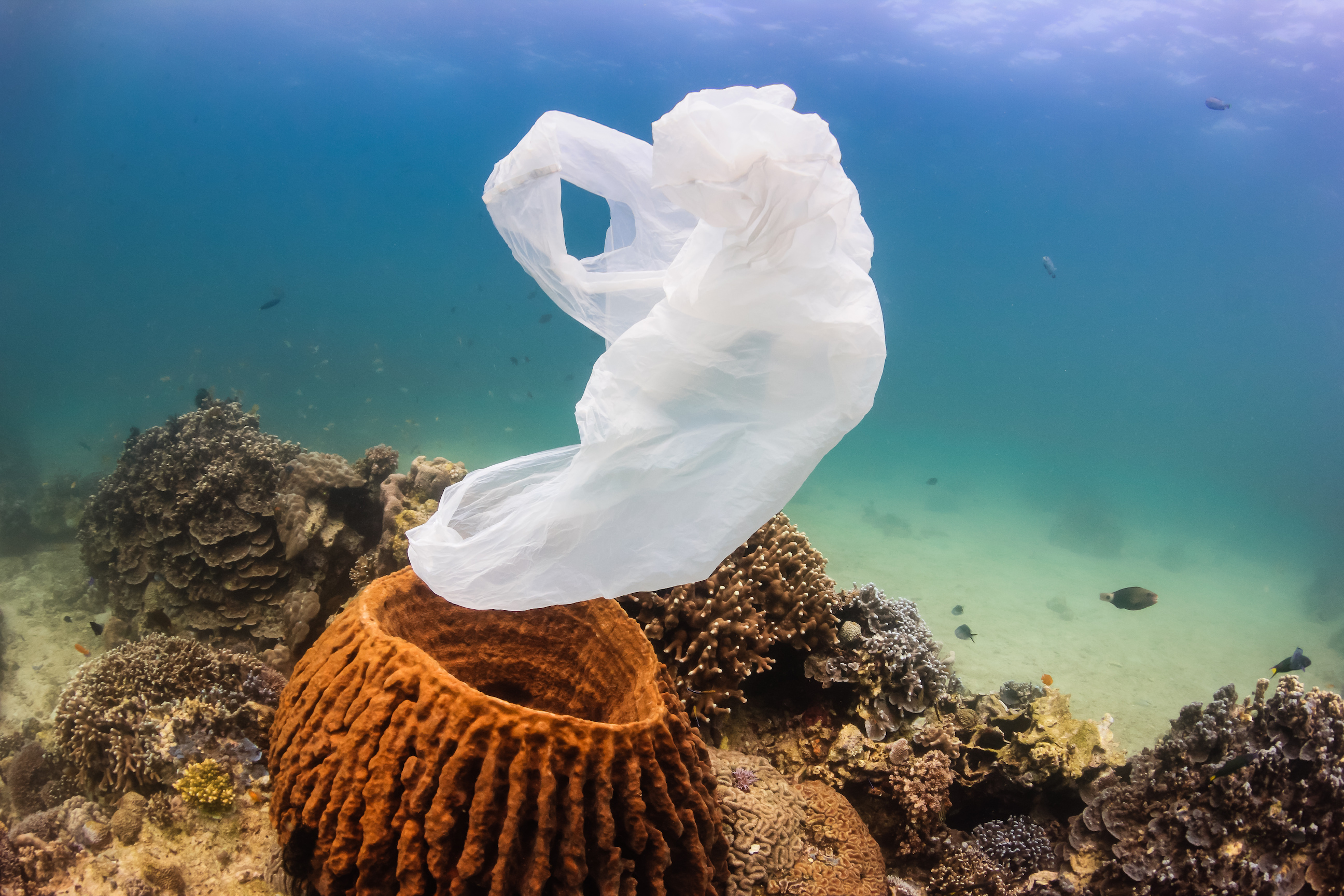
Plastic trash makes corals 20 times more susceptible to disease
The world’s coral reefs are facing critical challenges from the growing threat of climate change and bleaching. But now, a new study from Cornell University has revealed that plastic trash is further distressing corals by making them 20 times more susceptible to tissue loss and disease.
“Plastic debris acts like a marine motorhome for microbes,” said study lead author Joleah Lamb. “Plastics make ideal vessels for colonizing microscopic organisms that could trigger disease if they come into contact with corals.”
“Plastic items – commonly made of polypropylene, such as bottle caps and toothbrushes – have been shown to become heavily inhabited by bacteria. This is associated with the globally devastating group of coral diseases known as white syndromes.”
The researchers have found that the likelihood of disease increases from four to 89 percent when plastic debris meets coral. According to the experts, around 11.1 billion plastic items are entangled on reefs across the Asia-Pacific region. They predicted that this amount will increase by 40 percent over the next seven years.
Corals are essentially animals with living tissue that build upon one another and form reefs. Plastics contain bacterial pathogens that disrupt fragile coral tissues and their microbiome.
“What’s troubling about coral disease is that once the coral tissue loss occurs, it’s not coming back,” explained Lamb. “It’s like getting gangrene on your foot and there is nothing you can do to stop it from affecting your whole body.”
The study was focused on 159 coral reefs in Indonesia, Australia, Myanmar, and Thailand. The researchers visually monitored the reefs to look for tissue loss and disease lesions. The presence of plastic debris ranged from 0.4 items per 100 square meters in Australia to 25.6 items per 100 square meters in Indonesia.
Lamb pointed out that approximately 4.8 to 12.7 million metric tons of plastic waste ends up in the ocean every year. According to the researchers, the amount of plastic waste on coral reefs will increase to around 15.7 billion items by 2025. This amount of debris has the potential to cause skeletal eroding band disease, white syndromes, and black band disease.
“Our work shows that plastic pollution is killing corals,” said senior author Drew Harvell. “Our goal is to focus less on measuring things dying and more on finding solutions. While we can’t stop the huge impact of global warming on coral health in the short term, this new work should drive policy toward reducing plastic pollution.”
The study is published in the journal Science.
—
By Chrissy Sexton, Earth.com Staff Writer













